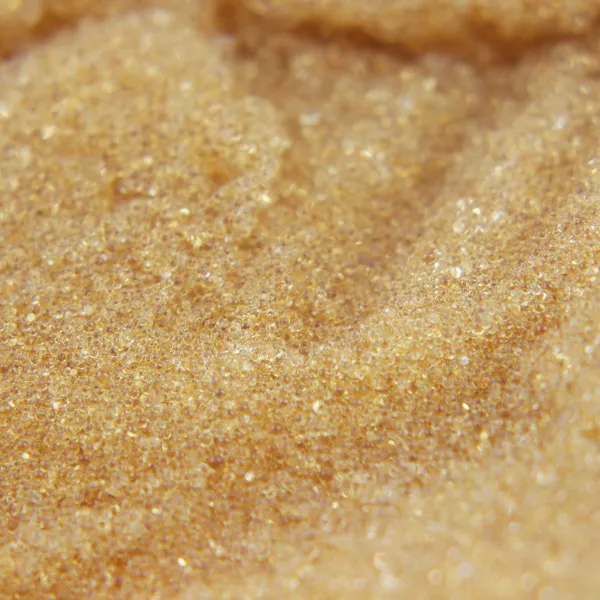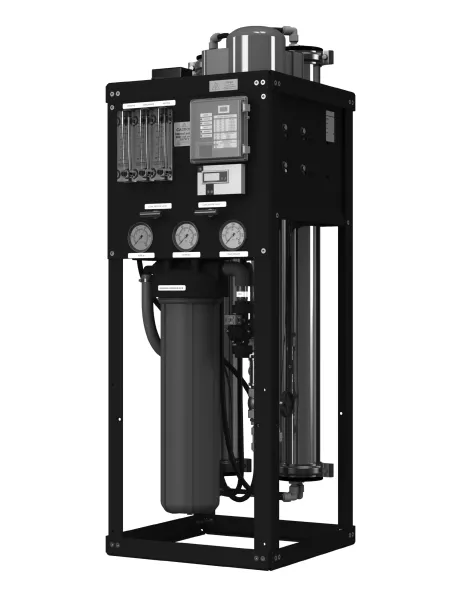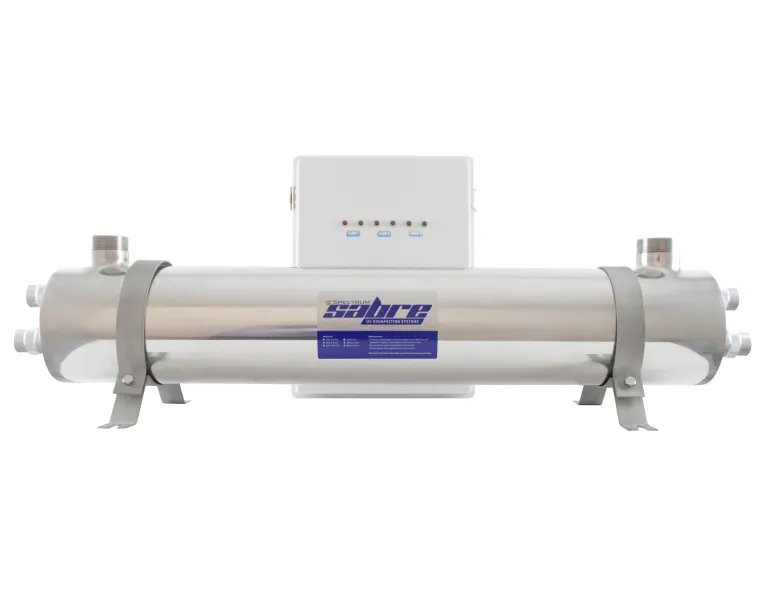What is Water Treatment?
In the UK, we are lucky enough to have a comprehensive water distribution system that delivers water to our residences and buildings. However, the journey of water from its source to our taps entails several crucial stages before we deem it consumable.
Water treatment is essential for ensuring availability of high quality drinking water by removing contaminants and impurities that, most of the time, you cannot see.
Contaminants that require the use of water treatment and not filtration are typically dissolved, which are not physical particles, and are known as TDS (total dissolved solids). In this blog, we explore the fundamental technologies involved in water treatment, what they are best used for and how they work.
Types of Water Treatment
Carbon
An extremely popular solution is carbon cartridges, extensively used in water treatment applications for their excellent adsorption properties. When heated to 870 degrees during the manufacturing process, cracks are formed which creates millions of tiny micropores, attracting large organic molecules and heavy metals to the surface.
During use, as water passes through these cracks, unwanted compounds are either adsorbed or converted to non harmful ones, leaving your water safe to consume! This method excels in drinking water applications, aquatics, renal dialysis or batch process usage.
Water Softening Systems
Water softening systems are designed to remove minerals that cause water hardness. With the power of softening resin and ion exchange technology, these systems exchange ‘hard’ minerals, such as calcium and magnesium, with sodium which softens the water.
Water softeners are often installed at the entry point of a residential or commercial water supply, treating water for the entire building. These are the perfect solution for reducing scale build-up, and tend to extend the life of plumbing fixtures and appliances, creating cost savings for the user.
Reverse Osmosis
This widely used water treatment technology effectively removes dissolved salts and other contaminants from a water supply. This process works by forcing water under pressure through a semi-permeable membrane, separating impurities leaving you with ‘pure’ permeate water.
RO systems are commonly used in residential high quality drinking water, commercial and industrial settings to produce pure process water for manufacturing.
Resin
Deionising resin utilised in a pressure vessel is a superb one-time option for those who use pure water for window cleaning, dentistry, pharmaceutical and other pure water processes. This type of treatment boasts excellent treated water quality with capacities for a wide variety of applications, providing a solution for many lower media volume applications.
Deionising resin can also be used as a final polish after using an RO stage.
Ultraviolet (UV)
This advanced method is used to eliminate harmful microorganisms such as bacteria, viruses and parasites. UV light is effective as it penetrates the cells of these organisms, disrupting their DNA and rendering them incapable of growth and reproduction.
UV treatment is a chemical-free process that adds an extra layer of protection, ensuring your drinking water is as safe as can be. It is commonly used in conjunction with other treatment methods to achieve a comprehensive water treatment solution.
Water treatment plays a critical role in ensuring clean, safe, uncontaminated water, and knowing which method works best for specific applications is paramount to a successful solution.Get ready for a splash of information as we dive into the world of water treatment!





















